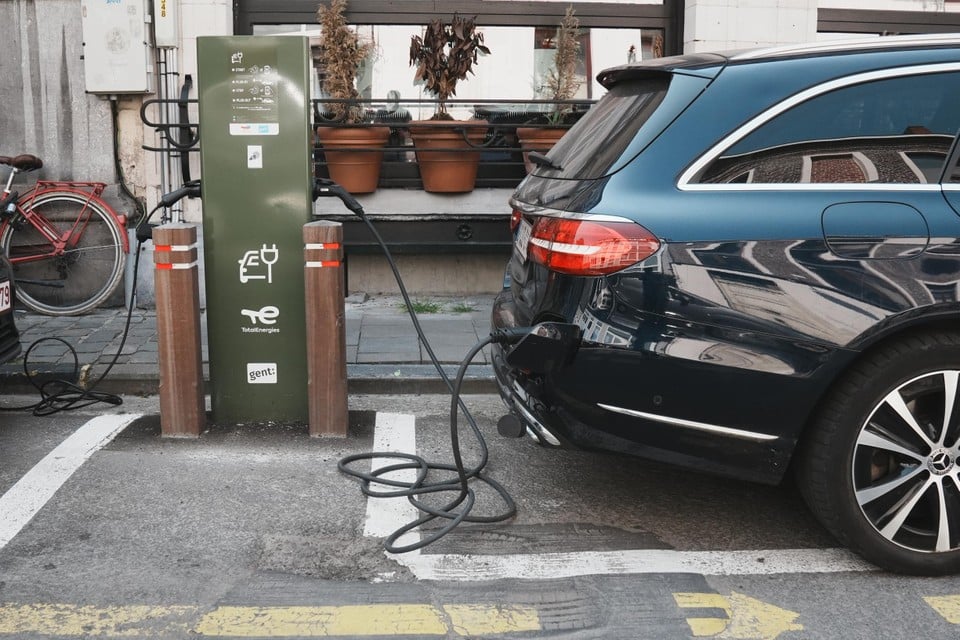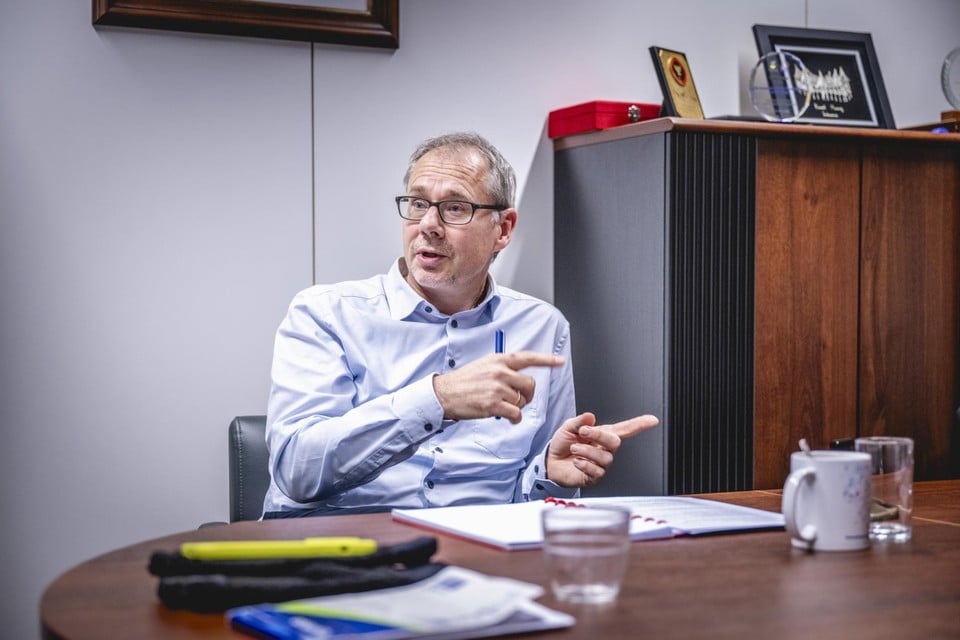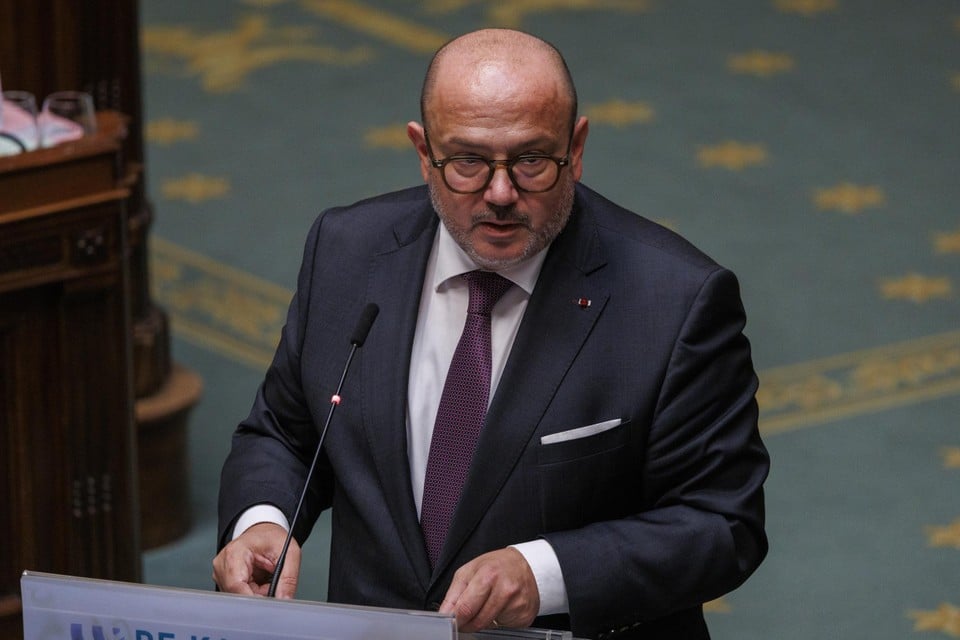Heavy investments in electricity grid is reduced, now that Vlaming Heat pump and electric car are ignored

Distribution network manager Fluvius manages the network that brings gas and electricity to your home, or to the companies. Since families will no longer be allowed to heat their homes on gas, and all cars will soon have to drive electrically, Fluvius is strongly strengthening the electricity network in Flanders. A matter that if we will soon replace our gas boiler by en masse with an electrically controlled heat pump, or all electrically driving, the electricity grid that can handle enormous demand for electricity.
Read too. How do I know if my house is ready for a heat pump?
In the presentation of the new Fluvius investment plan on Tuesday, however, it appeared that the pace of those investments in the electricity networks – which cost many billions of euros and where thousands of kilometers of streets are broken down for new electricity cables – can be somewhat down. Specifically for the low -voltage network, say the net that runs through the street at you, and especially families provides electricity.
« On the one hand we see – compared to the forecasts from a few years ago – a much slower breakthrough of electric vehicles on the private market, » says Raf Bellers, director of Netbeheer at Fluvius. That finding has been made in recent months: the average consumer finds electric cars still too expensive, or too impractical because of charging.
Insufficiently insulated
« And also the switch to a home heating based on electrically powered heat pumps may be a lot slower than expected, » says callers. To be able to heat your home through a heat pump, it must be relatively well insulated. But very little is being renovated in Flanders or extra isolated.
Read too. Too few charging points and too much uncertainty about batteries: because of these stumbling blocks we do not buy an electric wagen
The average consumer finds an electric car still too impractical because of charging. – © FVV
The fact that the Fleming does not enthusiastically embrace the energy transition is also evident from a survey that Fluvius – in the context of the new investment plan – had carried out in recent months. 14 percent of families are completely along with the energy transition, but on the other hand you also have almost 40 percent so -called ‘Comfort Seekers‘, families for whom the switch to a heat pump or electric car is a far-from-Hun bed story today. « The challenge will be to activate these customers, to stimulate, » said Guy Cosyns, Data Management Director at Fluvius.
Battery parks
Incidentally, the distribution network operator will use the released money – in view of the lower investments in the low -voltage network – to further strengthen the middle voltage network, which is ready for companies. Companies are already fully engaged in their production processes from fossil energy (for example gas) to electricity. « In our earlier plans, we started strengthening 5,500 km medium -voltage network in the coming years, we are now going to 7,500 km, » said Raf Bellers.
The distribution network operator will use the released money to further strengthen the middle voltage network, which is entitled to companies
In any case, the medium voltage network had to be strongly strengthened. Among other things, because more and more companies are focusing on cloud technology and artificial intelligence. However, higher power is needed for both applications. The same with the large battery parks that shoot up like mushrooms in Flanders.





/s3/static.nrc.nl/images/gn4/data133569012-c00d3c.jpg)
